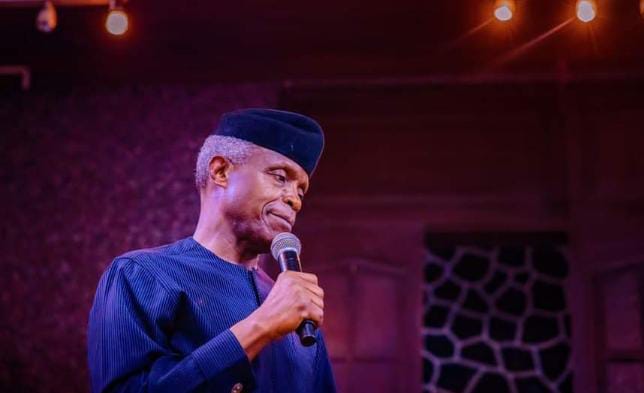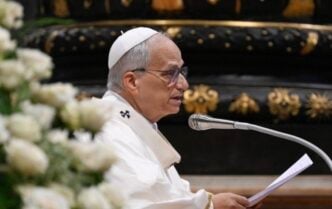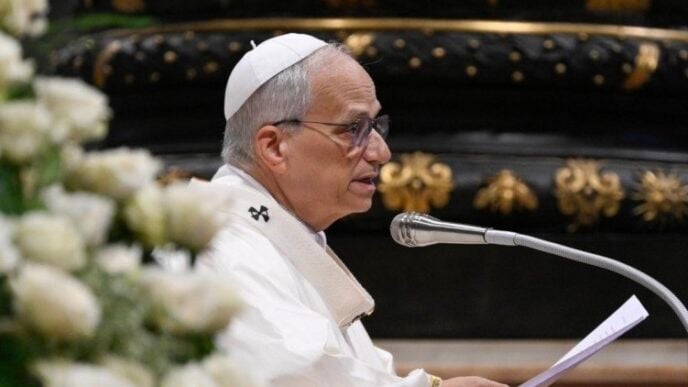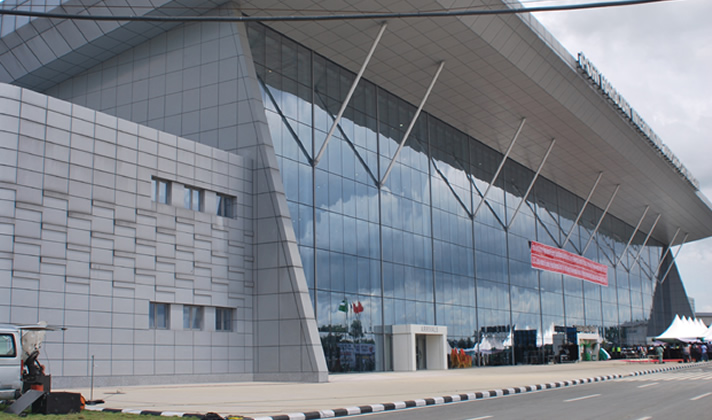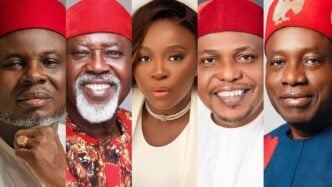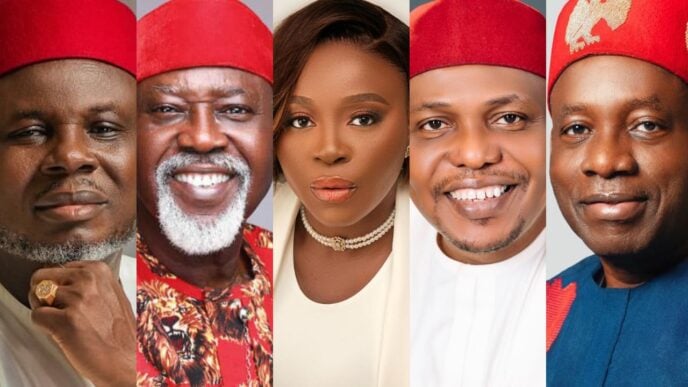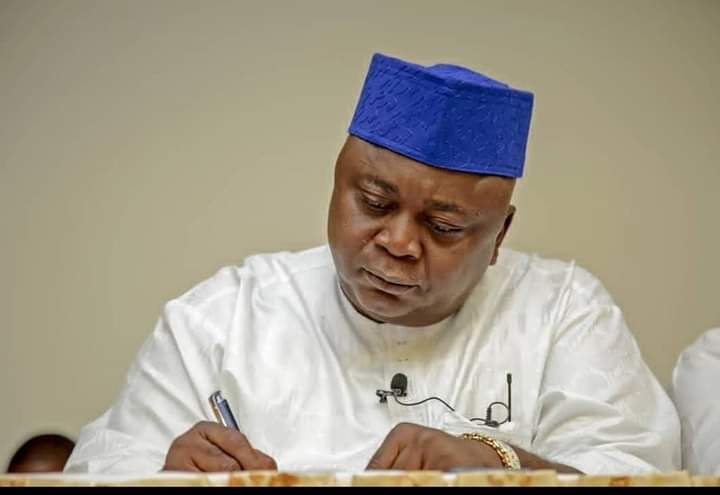On November 5, Yemi Osinbajo, former vice-president of Nigeria, said economic growth figures alone fail to capture real improvements in citizens’ lives.
Osinbajo spoke at the Ford Foundation 65th anniversary event in Abuja on Wednesday, where he harped on the need to embed social justice in economic planning to yield tangible national and state outcomes.
The former vice-president said gross domestic product (GDP) growth does not equate to development for the majority of citizens and does not necessarily translate into jobs or a decent standard of living.
“Africa is currently the fastest growing continent in GDP terms and has been so for a while, yet it remains the continent with the lowest overall quality of life based on indices like measuring health, education, infrastructure, economic stability,” Osinbajo said.
Advertisement
This contrast, the former vice-president said, was one of the major challenges he faced while in office.
“One of my biggest frustrations as vice-president and chair of the economic team of our government, from 2016 to 2019 at the time, was how people reacted when we talked about GDP growth figures,” he said.
“The vast majority simply would ask you, ‘Do these people live in a different country? I can’t pay my children’s school fees or hospital bills. Where is this growth?
Advertisement
“It became clear to me that when we as governments talk about growth, citizens wonder what we are talking about. Only big businesses, banks, corporates, understand those things.”
For many citizens, Osinbajo said the promise ‘of a better life that liberal democracy offers is simply not there”.
The politician’s statement comes months after the National Bureau of Statistics (NBS) reported that Nigeria’s GDP grew by 4.23 percent in the second quarter (Q2) of 2025.
THE MODEST GDP GROWTH RATE
Advertisement
But contrary to his recent position, Osinbajo had, in 2017, celebrated what he termed a “modest” GDP growth of 0.55 percent recorded in the second quarter of that year.
Speaking on October 9, 2017, at the Financial Times Africa Summit in London, Osinbajo, who had been in office for about two years at the time, said former President Muhammadu Buhari had been working diligently to improve the country’s macroeconomic conditions.
Comparing economic progress under Buhari’s administration with that of former President Goodluck Jonathan, the vice-president told the global audience that key economic indicators had improved.
“After a continuous slide in growth since 2014, the trend of growth in GDP has turned around with a modest growth of 0.55% in the second quarter of this year while inflation, though still somewhat high, has declined from its peak of 18.7% in January 2017 to about 16% today,” he said.
Advertisement
Osinbajo noted that the outlook was positive, citing improvements in oil prices and production and the trend of leading indicators such as “positive purchasing managers indices, a revived stock exchange, and increasing foreign exchange reserves”.
Similarly, in August 2022, he also drew links between economic prosperity in Nigeria and the GDP of individual states.
Advertisement
“When they talk about economy, we are often compared with smaller African countries, but there are 10 states in Nigeria that have bigger GDPs than those countries, it is a huge target market,” Osinbajo said.
He added that Nigeria should not be compared with “smaller” African countries in terms of economic prosperity.
Advertisement
